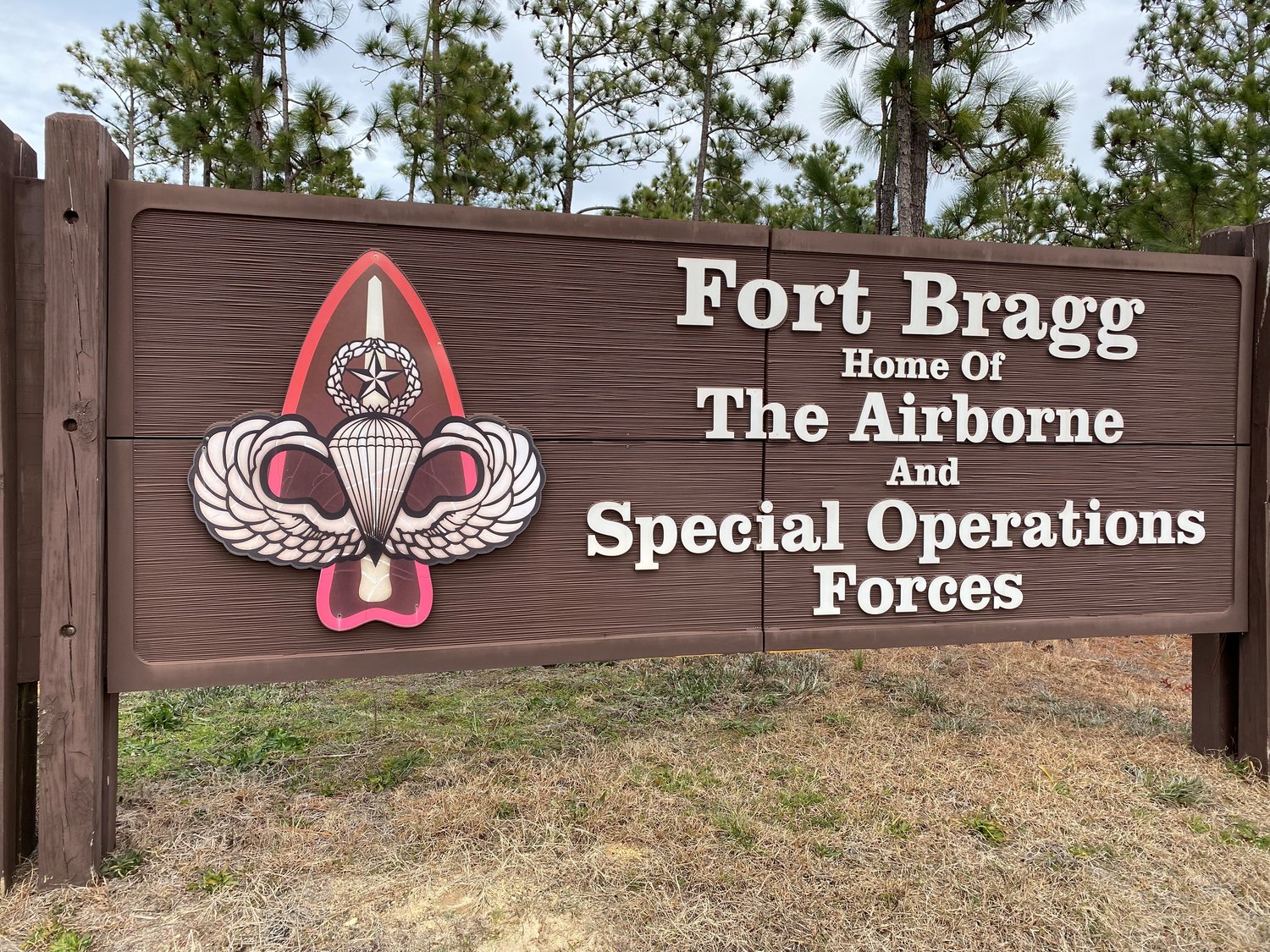What legal issues arise from reverting Army base names to Confederate General’s designations?
Reverting Army base names to Confederate-era titles under the Trump administration poses significant legal, financial, and institutional risks:
- Legal Barriers: The 2020 NDAA prohibits naming military assets after Confederates, creating statutory conflicts if reversed via executive orders.
- Political Conflicts: Trump’s pledge to restore names like Fort Bragg clashes with bipartisan opposition and the Naming Commission’s 2021 NDAA mandates.
- Financial Costs: Renaming nine bases costs $62.5 million; reverting them risks taxpayer funds and operational disruptions.
- Public Opinion: While 56% of Americans opposed renaming, 67% of Black service members view Confederate names as betrayals of their service.
- Institutional Mockery: Renaming Fort Bragg for PFC Roland L. Bragg and Fort Benning for CPL Fred G. Benning is a “slight of hand” to keep the old namesakes.
These efforts exploit statutory loopholes while undermining military cohesion. Safeguards include congressional enforcement of the 2020/2021 NDAAs, litigation under Title VII for hostile work environments, and reforms like the Security Clearance Review Act to block political interference.
Part 5 of 10: Returning to Confederate Generals Base Names – Trump Administration Changes Affecting Military Law
For decades, the United States military has grappled with a complex legacy: the naming of its bases after Confederate generals who fought against the nation. This tradition, rooted in a history of racial appeasement and nostalgia, has been challenged by recent efforts to rename these installations. Yet, this progress is under threat. This blog delves into the historical context of Confederate base names, the challenges posed by their retention, and the legal and social efforts to ensure that military institutions reflect the values of unity and inclusivity.
In this analysis, we explore:
- The historical origins of naming Army bases after Confederate figures, from the early 20th century to the present day.
- The impact of retaining Confederate names on military morale, cohesion, and readiness, particularly for African American service members.
- Legal and advocacy efforts aim to safeguard the rights of all soldiers and ensure that military bases honor heroes who embody unity and courage.
The retention of Confederate names is more than a symbolic issue—it is a threat to military unity and a betrayal of those who serve with honor. This blog highlights the stakes and offers solutions, ensuring that America’s Warriors are respected and valued within its institutions.
Next in Series: Part 6 – Reproductive Care Access – Trump Administration Changes Affecting Military Law
Previous in Serious: Part 4 – The “Warrior Boards” Proposal – A Threat to Military Apoliticism – Trump Administration Changes Affecting Military Law
The Weight of a Name – Reverting U.S. Army Bases Amid Policy Shifts
The debate surrounding U.S. Army base names continues to evolve, reflecting deeper tensions over historical reckoning and political maneuvering. Recent efforts by the Trump administration to restore Confederate-linked names to military installations have reignited controversy, sparking questions about legality, morality, and military cohesion. This updated analysis explores the implications of these renaming efforts, highlighting the challenges posed by disingenuous attempts to sidestep statutory prohibitions and the broader consequences for service members and the nation.
A Legacy of Division: Confederate Names in Military History
For over a century, bases like Fort Bragg and Fort Benning bore the names of Confederate generals who fought against the United States to preserve slavery. These designations were products of Jim Crow-era appeasement, reinforcing racial hierarchies and glorifying the Confederacy’s “Lost Cause” myth. Figures like Braxton Bragg and Henry Benning were not celebrated for their military acumen or contributions to unity but rather for their roles in defending an oppressive system.
The 2020 racial justice movement catalyzed a bipartisan push to erase these symbols of division. Congress mandated the removal of Confederate names through the 2021 National Defense Authorization Act (NDAA), leading to a $62.5 million renaming process that honored individuals embodying courage and inclusivity—heroes like LTG Hal Moore, Sgt. William Henry Johnson and Dr. Mary Edwards Walker These changes represented a moral imperative to align military values with the principles of justice and equality.
Feeling Trapped? Fight for your Equality.

Trump Administration’s Pushback: Weaponizing Nostalgia
President Donald Trump’s campaign promise to restore Confederate-linked names has materialized in controversial actions by Defense Secretary Pete Hegseth. While legally barred from honoring Confederates under the 2020 NDAA, Hegseth has circumvented this prohibition by renaming bases after decorated veterans who happen to share surnames with Confederate generals. For instance:
- Fort Liberty reverted to Fort Bragg, now honoring Pfc. Roland L. Bragg, a World War II hero who earned the Silver Star during the Battle of the Bulge.
- Fort Moore reverted to Fort Benning, now honoring Cpl. Fred G. Benning, a World War I soldier recognized for valor during the Meuse-Argonne Offensive.
These maneuvers exploit legal loopholes while attempting to preserve Confederate-linked nomenclature under the guise of honoring unrelated veterans.
Consequences: Morale, Morality, and Military Readiness
Reverting to Confederate names could inflict profound harm. For African American soldiers, serving on bases named for slaveholders and Klansmen like John Gordon (Fort Gordon’s namesake) is a visceral betrayal. As veteran Isiah James noted, these names perpetuate “vestiges of slavery,” signaling that Black contributions are undervalued. Such symbolism fosters a hostile work environment, violating military policies against racial harassment. Studies show that Confederate iconography—flags, statues, and names—correlates with increased racial tension and decreased unit cohesion. Recruitment, already strained, would suffer further: 49% of troops supported renaming in 2020, and polls indicate STEM-educated candidates and minorities avoid institutions steeped in racism. Legally, the military could face lawsuits under Title VII for enabling discrimination, while the 2020 NDAA’s mandates might trigger constitutional clashes between Congress and the executive branch.
Disingenuous Efforts: Exploiting Loopholes
The use of decorated veterans’ namesakes—such as Pfc. Roland L. Bragg or Cpl. Fred G. Benning—raises ethical concerns about leveraging their legacies for political ends. Critics argue that these efforts dilute genuine recognition while perpetuating divisive narratives under a veneer of respectability. This strategy risks alienating service members who view Confederate-linked names as symbols of betrayal.

Targeted by Your Leaders? Know Your Rights.
Legal Remedies and Risks for Service Members
For soldiers morally opposed to serving at bases with Confederate-linked names or their derivatives, options remain limited:
- Reassignment Requests: Commanders may deny transfers, trapping soldiers in environments that violate Army policies on racial harassment.
- Legal Remedies: Soldiers can pursue Equal Opportunity complaints or lawsuits under Title VII if discrimination arises, but these paths demand significant resources.
- Career Risks: Retaliation against dissenting soldiers could include revoked security clearances or skewed performance evaluations.
A Call to Action
The fight over base names encapsulates America’s broader struggle with its historical legacy. Reverting these names dishonors trailblazers like Lt. Gen. Hal Moore and Dr. Mary Walker while rehabilitating figures tied to treason and oppression. Citizens must oppose regressive policies by contacting lawmakers, supporting advocacy groups, and seeking legal counsel when necessary.
The Law Office of Will M. Helixon stands ready to defend service members who face discrimination or retaliation related to these renaming controversies.
This blog post is for informational purposes only and does not constitute legal advice. Service members facing EO, discrimination, unequal treatment, or other legal challenges should consult qualified legal counsel.


